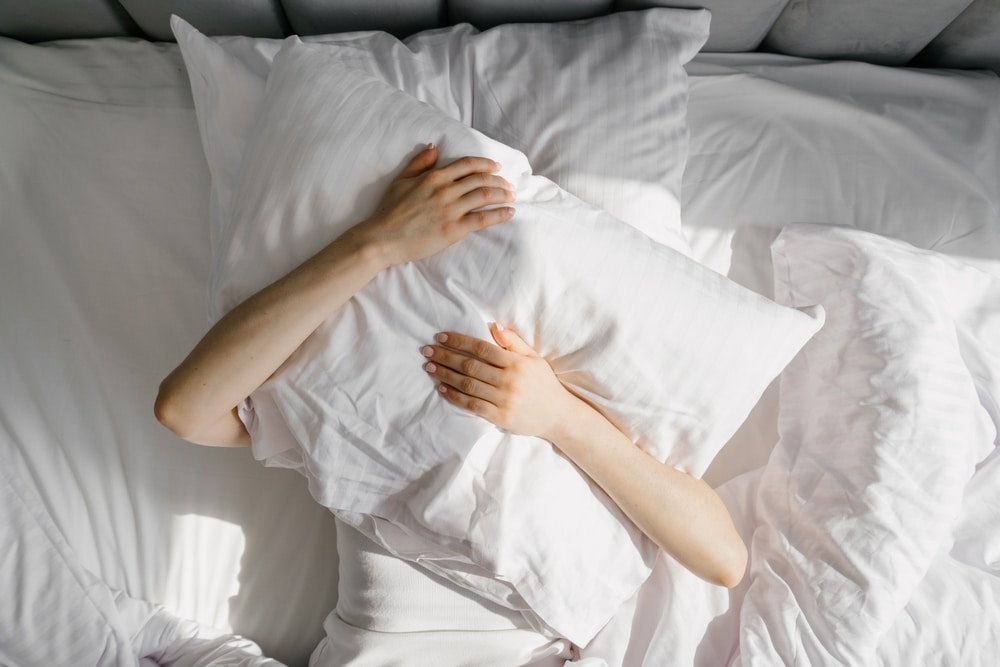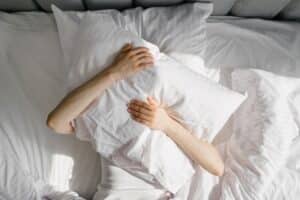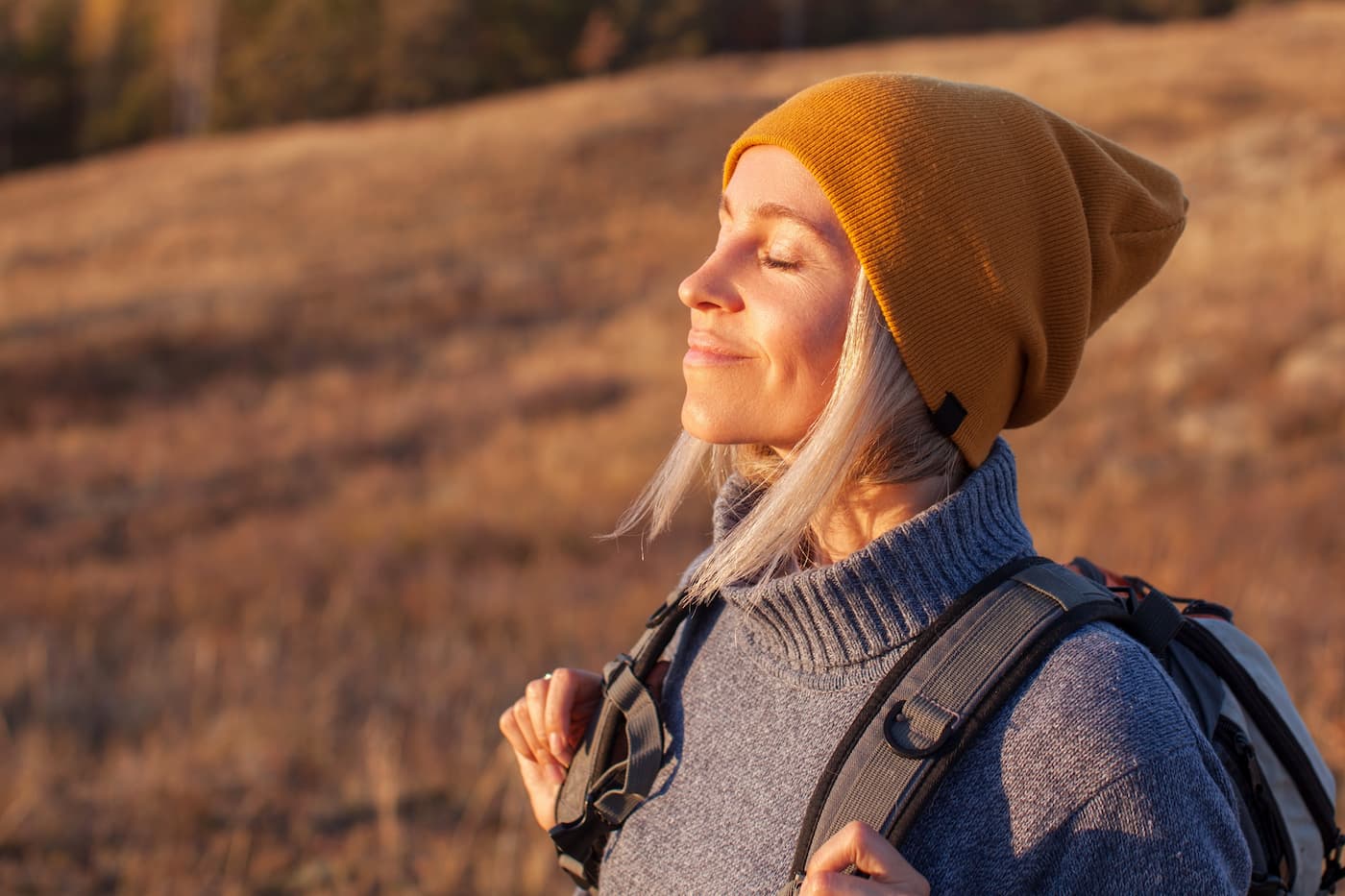SIX THINGS YOU MAY NOT REALIZE CAUSE INSOMNIA

By Dr. Josh Redd, Chiropractic Physician, RedRiver Health and Wellness Center

Instead, the reasons behind insomnia or poor sleep can be startlingly straightforward, although addressing these reasons may take some diet and lifestyle changes.
In this article I’ll go over often overlooked issues that cause insomnia and poor sleep. Don’t assume a powerful sleeping pill is your only answer. Look at the underlying causes first and address those.
Five things that can cause insomnia
Low blood sugar. Do you wake up at 3 or 4 a.m. racked with anxiety and unable to fall back asleep? That could be caused by a blood sugar crash, which raises stress hormones (hence the anxious wake up). Focus on stabilizing chronically low blood sugar. Strategies include eating small but frequent meals, never skipping meals, and avoiding sugary and starchy foods. Additionally, eating a little bit of protein before bed may help you stay asleep longer. Likewise, keep something to eat next to your bed. If you wake up at 3 or 4 a.m. a few bites may help you fall back asleep.
High blood sugar (insulin resistance or pre-diabetes). Do you fall asleep after meals yet struggle to fall asleep at night? Do you wake up feeling like you’ve been run over by a truck, but are wide awake at bedtime? It could be high blood sugar, a precursor to diabetes, is driving your primary stress hormone cortisol and keeping you alert when you should be sleepy. This is also known as insulin resistance. A telltale symptom of high blood sugar is feeling sleepy after meals, especially starchy meals. Minimizing sugary and starchy foods, not overeating, and exercising regularly can help you unwind insulin resistance and sleep better at night.
Too much blue light. Are you staring into a computer, phone, tablet, or TV screen right before bed? If so, you’re confusing your body’s sleep hormone production. The body recognizes blue light as daylight, which suppresses the production of melatonin, our primary sleep hormone. Limiting your exposure to blue light at night can help boost your body’s production of sleep hormones. Wear orange glasses two hours before bed, use orange bulbs in your nighttime lamps, and limit your evening screen time to boost melatonin.
Inflammation. If you are chronically inflamed it drives up your stress hormones, which can keep you awake. This is particularly true if you’re experiencing inflammation in your brain, which can cause anxiety. One of the most common causes of chronic inflammation is an immune reaction to foods, especially gluten, dairy, eggs, and various grains. Screening for undiagnosed food sensitivities and following an anti-inflammatory diet can help you home in on what’s causing your insomnia or poor sleep.
Hormone imbalances. Hormone imbalances can significantly impact sleep. Low progesterone in women, which is a common symptom of chronic stress, heightens anxiety and sleeplessness. An estrogen deficiency during perimenopause and menopause has been shown to increase anxiety, insomnia, and sleep apnea in women. In men, low testosterone is linked with poor sleep and sleep apnea. Also, low hormone levels can inflame the brain, increasing anxiety and insomnia.
Many things can cause insomnia and poor sleep, however these are some of the more common. While you address the underlying factors causing your sleep issues, you can assist your body’s ability to sleep with safe and natural compounds, depending on the cause. Contact my office for more information.
To learn more about our services and to schedule a free consultation, please visit redriverhealthandwellness.com. We work with your prescribing physician for optimal results. Do not discontinue medication or hormone replacement therapy without consulting your prescribing physician.
Related Articles

Prescribing and Expanded Options New to RedRiver Health and Wellness
For years, Red River Health and Wellness has been known for helping complex, chronic, and…
[ READ MORE ]

How to age well — tips for longevity
Have you noticed that some older people are still able to stay active and lucid…
[ READ MORE ]

Too MUCH iron is inflammatory
When we think about iron and health, most people assume any iron disorder is iron-deficient…
[ READ MORE ]
